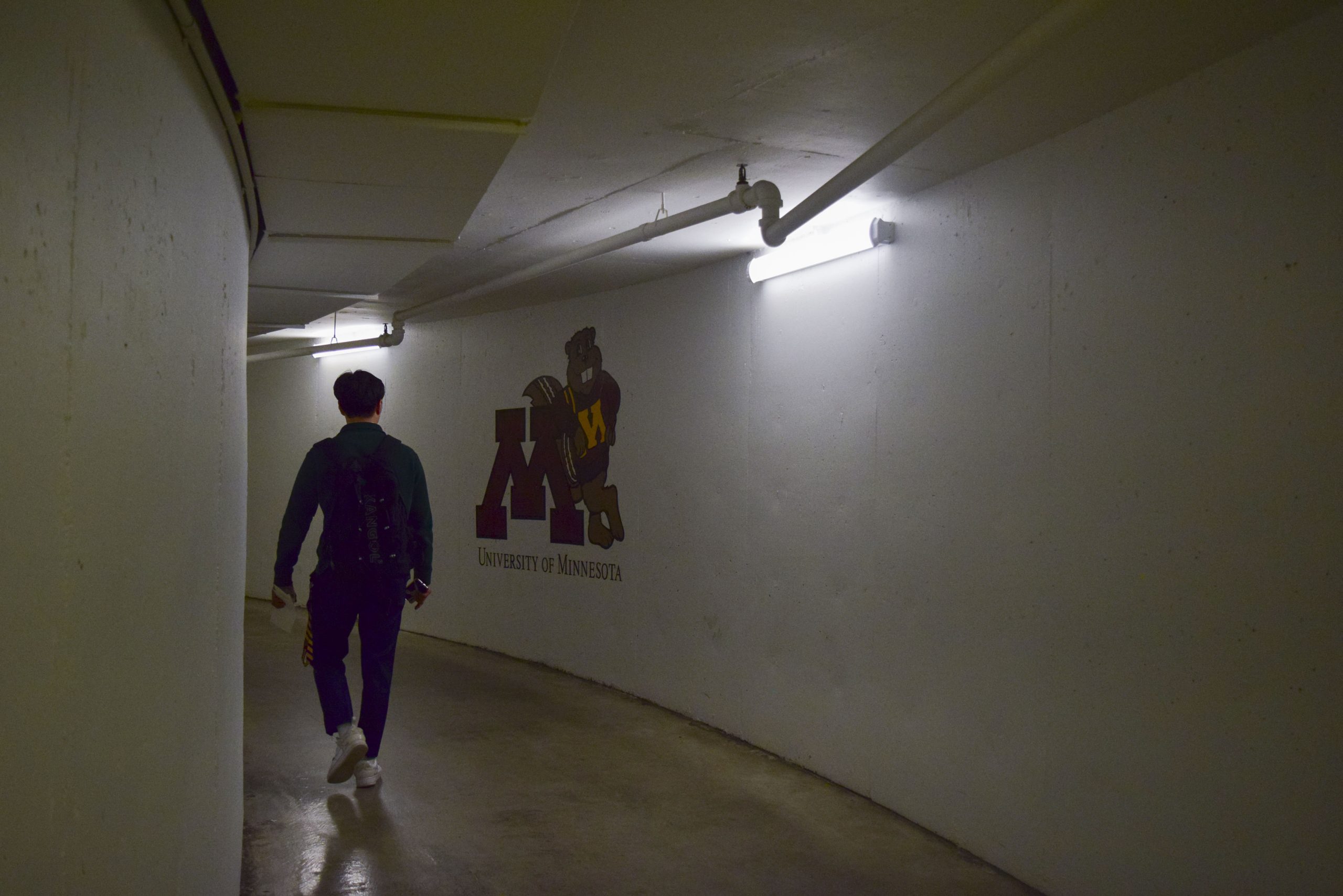Fifty years after 1955 marks the anniversary of one of the last years that everything seemed right with the world. It was the year my beloved Brooklyn Dodgers won the World Series, beating those hated New York Yankees. Former baseball commissioner Bart Giamatti, explaining the cyclical, tragic essence of baseball wrote:
“It breaks your heart. It is designed to break your heart. The game begins in the spring, when everything else begins again, and it blossoms in the summer, filling the afternoons and evenings. Then as soon as the chill rains come, it stops and leaves you to face the fall alone. You count on it, rely on it to buffer the passage of time, to keep the memory of sunshine and high skies alive, and then just when the days are all twilight, when you need it most, it stops.”
And as history relates, our hearts were broken just two years later in 1957 when the avaricious owner of the Dodgers Walter O’Malley, moved our team to Los Angeles. And this year, as L.A. celebrated “our” victory, the old pains returned with renewed anger. A “shanda” – only the Yiddish word for shame seemed to work.
Brooklyn writers compiling a list of the most evil men in history put Walter O’Malley at the top, just below Hitler and Stalin. There was an old Brooklyn riddle:
Q: You are in a room with Hitler, Stalin and Walter O’Malley and you have a gun with two bullets. What do you do?
A: Shoot O’Malley twice to be sure he’s dead.
As adults, we learn there can be more than one side to a story. Until I told these stories recently, it had never occurred to him that on the other side of the continent there were other kids weeping.
I was in Washington D.C. a few weeks ago for the antiwar march and a women’s legislative conference. At the conclusion of our deliberations we went to see our local politicians – yes – I got to urge Norm Coleman, R-Minn., to support the United Nations. But as we were leaving, he brings me into his inner office to show, in a place of honor, a framed picture of Ebbets Field and the 1955 Dodgers. Then he brings out two baseball cards of Gil Hodges and Carl Furillo. Almost as a spinal cord reflex, I say “No. 14 and No. 7.” Norm then tells the assembled how he often quotes my claim of knowing just about every number of the old Dodgers, while I claimed to be incapable of remembering how to correctly dial a telephone number I had just looked up. Such are the miracles of baseball – Norm Coleman and I actually agree about something.
During my childhood, this time of year always seemed to bring a World Series contest between the Yankees and the Dodgers – coinciding with the most important of Jewish holy days, Rosh Hoshana and Yom Kippur.
The synagogue my family attended had services totally in Hebrew except for the sermon, spoken in the vernacular Ö. that is Yiddish. The restlessness of the children of this congregation – in the shadow of Ebbets Field – did not escape the Rebbe. His voice rose in passion as he inveighed against the children who cared less about Judaism then they did for “Baseball” and “Jackie Robinson” and “Pewee Reese.” Those were the only words we could follow in his sermon, and it even made our plight more poignant. If any of us doubted the existence of a God, it was probably because those long afternoons of prayer in shul would not lead to a Dodger victory.
One more baseball story: The famous 1951 National League Dodgers and Giants playoff opened the first game at Ebbets Field. Unfortunately, it was also the first day of Rosh Hashana. My highest level of negotiating skills were employed to get my parents to agree to let me not only not go to shul, but to camp out the night before to buy bleacher seats. It was a long discussion, but the final result was that I could go provided I take my little brother and no camping out. We would get up early in the morning and my father would stay with us in line until he determined that it was “safe,” or it was time for him to go to shul. Years later, as a parent myself, I understood that my father immediately knew how important it was for me to go to the game. His problem was what to say to his mother and the other members of the community who would note my absence.
Anyway, history records that the Dodgers lost that game, won the next one at the Polo Grounds, and then lost the final one and the pennant with the Bobby Thompson “shot heard ’round the world” home run. I always thought it was my fault – skipping shul at Rosh Hashana to go to the game. It wasn’t until fairly recently, telling this story in a radio discussion that it occurred to me that I probably wasn’t the only Brooklyn Jewish kid in the stands that day, and at least it should be a shared guilt and not my burden alone.
So the cycle continues, and once again in October as summer ends, the days shorten, the light dims, the only words that fit are “wait until next year.”
Phyllis Kahn is a Minnesota State Representative. Please send comments to [email protected].














